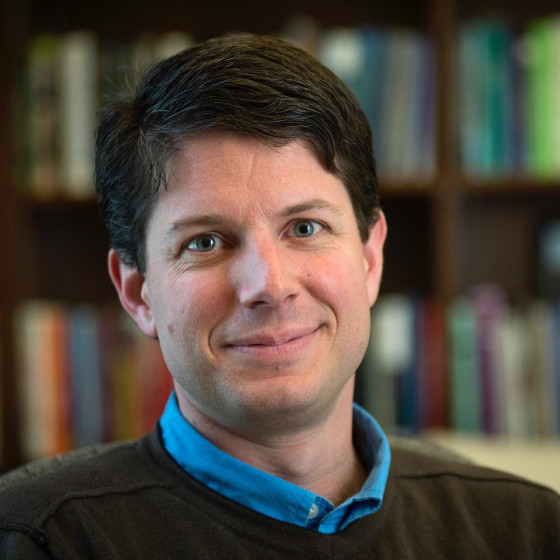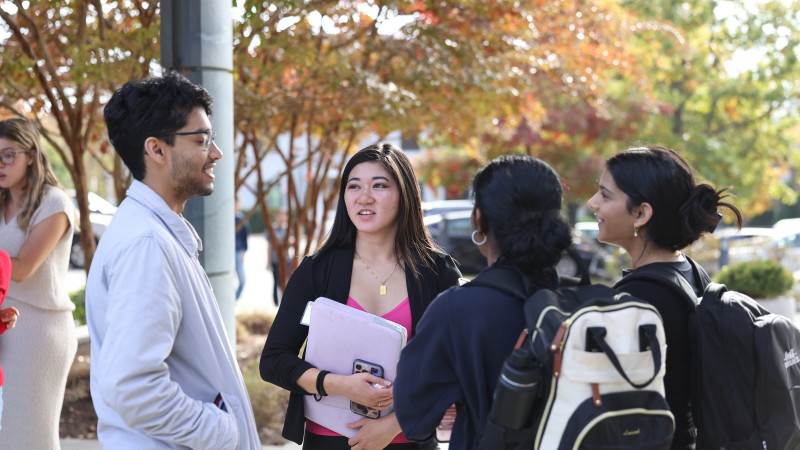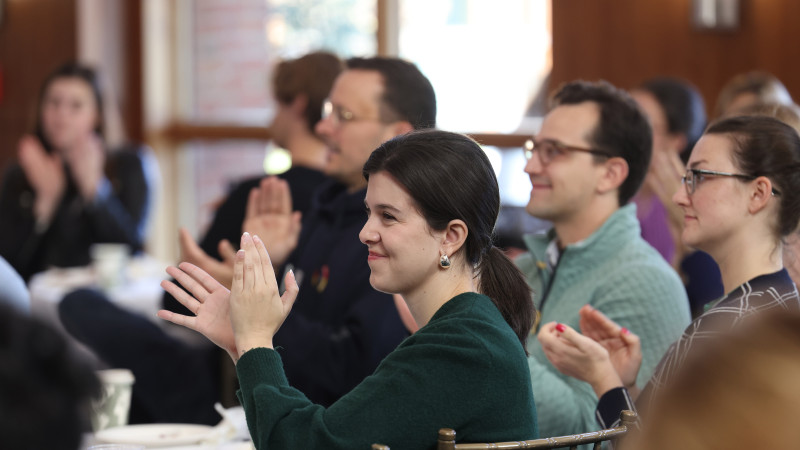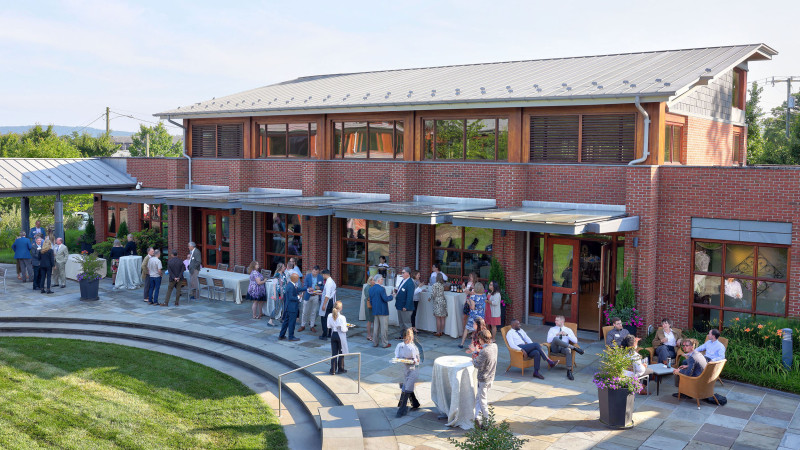
Foundation-funded professorship brings leading AI ethics and philosophy scholar to UVA
The University of Virginia has appointed David Danks, an internationally recognized scholar working at the intersection of philosophy, cognitive science, and machine learning, as the William L. Polk Jr. and Carolyn K. Polk Jefferson Scholars Foundation Distinguished University Professor of Philosophy, Artificial Intelligence, and Data Science. Beginning in January 2026, Danks will hold a joint appointment in the College of Arts & Sciences and the School of Data Science. His recruitment underscores UVA’s commitment to examining the ethical and societal implications of rapidly advancing AI technologies.
Danks joins UVA from the University of California, San Diego, where he is a professor of data science, philosophy, and policy. Widely respected for his interdisciplinary approach, his research spans four key areas: the ethical and societal impacts of AI and data science; the development of novel machine learning algorithms for causal discovery; philosophical questions about scientific theories, methods, and causation; and computational cognitive science focused on causal cognition and cognitive architectures.
Reflecting on the breadth of his research interests, Danks explained how his background in philosophy led naturally to questions central to AI. “I’ve always been interested in understanding the core principles of the human mind, which is what drew me to studying philosophy,” Danks said. “That curiosity naturally expanded into asking about the principles of any mind, whether human or machine. It’s a question that sits at the center of both philosophy and AI.”
Beyond academic theory, Danks has made significant contributions to real-world policy discussions on AI ethics and governance. He has served on advisory boards for organizations such as the Special Competitive Studies Project, the Center for Advancing Safety of Machine Intelligence, and the AI Community of Practice. He also has advised the president and the National AI Initiative Office as a member of the National AI Advisory Committee. He sees this applied experience as integral to his teaching mission.
“Hopefully my experience outside the classroom gives my teaching a necessary depth,” he explained. “I like to give real-world examples and relay some understanding of the complexities students will face in the workplace, whether they’re going into industry, think tanks, or government.”
At UVA, Danks plans to design courses that make AI ethics relevant across disciplines—from healthcare and bioethics to transportation systems, criminal justice, and public policy. “My teaching is centered around giving a diversity of examples, so every student can see the problem we’re discussing in a domain they are interested in. The goal is to make ethical questions personal and meaningful.”
Central to both his research and teaching is the question of how to ensure AI systems are developed for social benefit. “It takes time to build AI systems,” he noted. “The questions that concerns me most are: What’s worth our energy? What’s going to improve society or bring benefit to communities and people who have been systematically disadvantaged?”
Danks highlighted UVA’s strategic commitment to strengthening its AI efforts as a major factor in his decision to join the University. “There’s an effort at UVA to bring in multiple faculty who are thinking about AI not only from a purely technical perspective, but also from a humanistic and social perspective. I can honestly and truly say there is no university doing more in that space right now than UVA.”
Jimmy Wright, president of the Jefferson Scholars Foundation, praised Danks’s appointment as testament to the Foundation’s mission to strengthen UVA by attracting exceptional scholars. “Professor Danks exemplifies the kind of interdisciplinary, socially engaged scholarship that UVA is committed to advancing,” Wright said. “His work speaks directly to the ethical challenges posed by AI, and we are proud to support his efforts to prepare students to think critically about technology’s role in society.”
Funded at the $10 million level—the most substantial of the professorships supported by the Foundation— the William L. Polk Jr. and Carolyn K. Polk Jefferson Scholars Foundation Distinguished University Professorship is among the University’s highest faculty honors. Holders of University Professorships are selected by the provost and president, with approval from the Board of Visitors, and report directly to University leadership, making the designation a powerful recruitment tool for scholars of extraordinary distinction.
Danks will be the 14th scholar to hold a Foundation-funded professorship at UVA. His appointment will begin in January 2026, pending formal approval from the UVA Board of Visitors.




